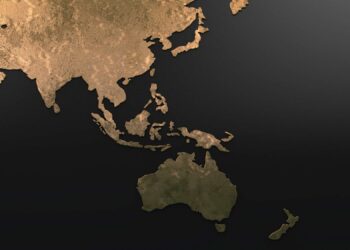The report – Unlocking Potential: A Blueprint for Mobilizing Finance Against Slavery and Trafficking – comes from the Financial Sector Commission on Modern Slavery and Human Trafficking, a global coalition of banks and governments partnered with the United Nations.
It outlines several areas where the finance sector can combat slavery and human trafficking, including increasing funding for investigations into slavery and developing better indicators of trafficking-related money laundering.
Over 40 million people currently live in modern slavery, an industry that generates over $150 billion every year.
“What is clear is that modern slavery leaves us all worse off because it treats people as disposable objects rather than full economic and social agents,” Said Dr James Cockayne, who heads the commission.
of that, we collectively lose out on a huge amount of potential that is currently locked up.”
The report is the latest attempt to combat modern slavery and human trafficking, joining the Australian government’s Modern Slavery Act, and includes a toolkit to help institutions implement policies that will hinder human trafficking activity.
One area of interest to the commission is extending basic financial services to survivors of human trafficking who may have had their identities or banking products stolen for criminal purposes. These activities can have a negative impact on their creditworthiness and increase their risk of revictimisation by traffickers.
“The financial sector possesses huge potential to help end modern slavery and human trafficking and to maintain the integrity of the international financial system,” said H E Stef Block, Foreign Minister of the Kingdom of Netherlands, one of the member states of the commission.
“It can create moral capital markets, and can therefore be a powerful force for good, first and foremost by supporting the victims of these criminal business practices.”







